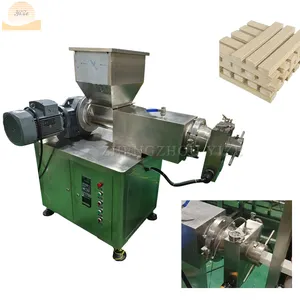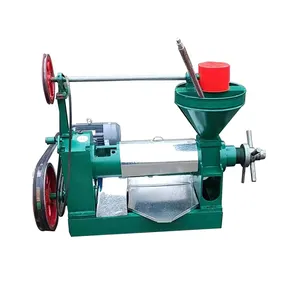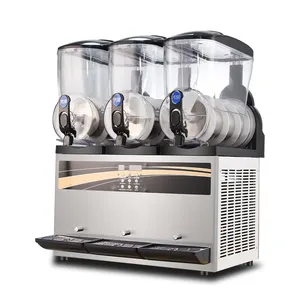Popular in your industry

































































Related Searches:




























































































































Top categories
About truck cooling systems
Understanding Truck Cooling Systems
Truck cooling systems are essential components in maintaining the performance and longevity of commercial vehicles. These systems serve as critical heat exchangers, managing the thermal balance within truck engines to prevent overheating and ensure efficient operation. The role of a cooling system is pivotal in commercial transportation, where downtime can lead to significant logistical setbacks.
Types and Applications
There is a diverse array of truck cooling systems designed to meet various operational demands. From traditional radiator-based systems to advanced liquid-cooling solutions, each type caters to different truck models and usage scenarios. Commonly found in sectors such as logistics, construction, and agriculture, these systems are also integral to the functionality of vehicles in hotels, garment shops, and material handling businesses.
Features and Materials
The construction of truck cooling systems involves robust materials capable of withstanding extreme temperatures and resisting corrosion. Metals used in these systems often include aluminum and copper, known for their excellent thermal conductivity and durability. The design of these systems incorporates components like heat exchangers, cooling plates, and tubes, each contributing to the effective transfer of heat.
Advantages of Efficient Cooling
Efficient truck cooling systems are vital for the reduction of energy consumption in commercial vehicles. By optimizing the heat exchange process, these systems contribute to the overall fuel efficiency of the truck, indirectly reducing operational costs. Moreover, a well-maintained cooling system can lead to a longer engine life, minimizing the need for frequent repairs or replacements.
Selection Considerations
When selecting a truck cooling system, it is important to consider the specific requirements of the vehicle, including engine size, type of use, and environmental conditions. Systems vary in their voltage capacities and structural designs, such as plate, shell, and tube configurations, to accommodate different cooling needs.
Environmental Impact and Sustainability
Modern truck cooling systems are designed with sustainability in mind. By enhancing the efficiency of commercial vehicles, these systems play a part in reducing the carbon footprint associated with transportation. Additionally, the use of recyclable materials in their construction aligns with global efforts to promote environmentally responsible manufacturing practices.





































